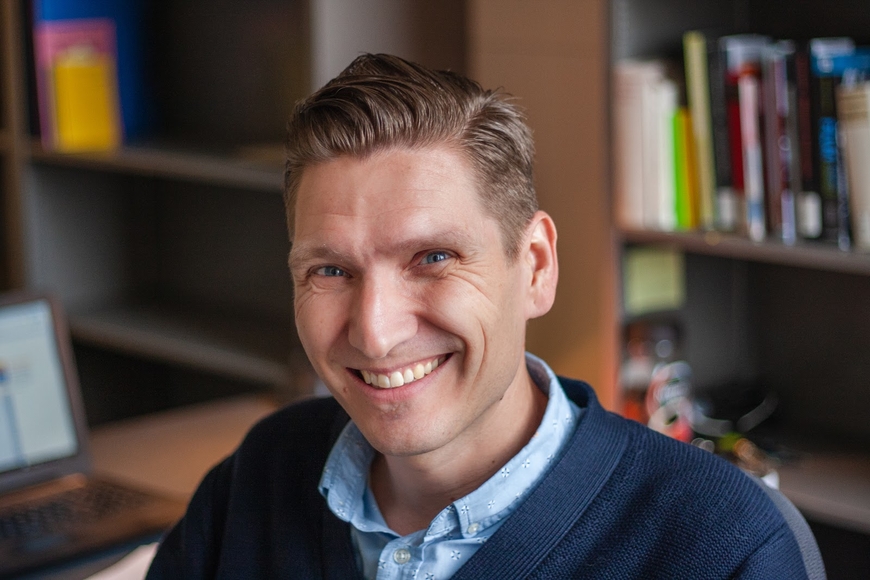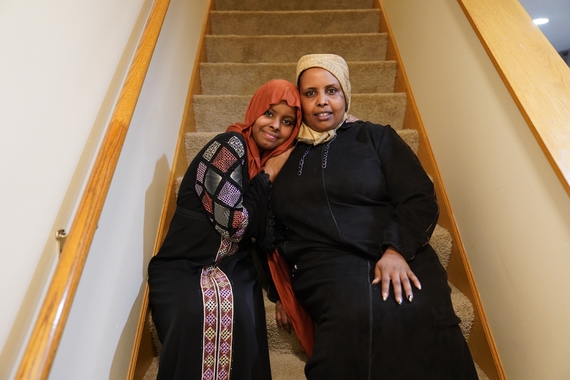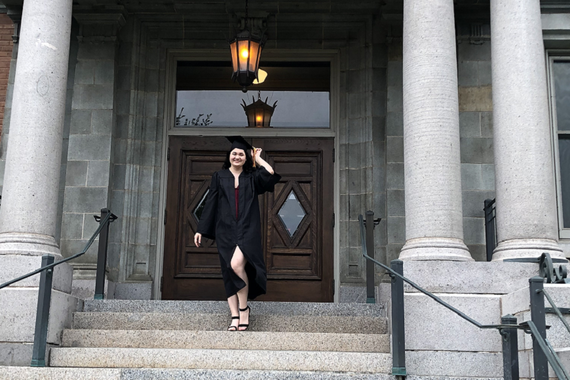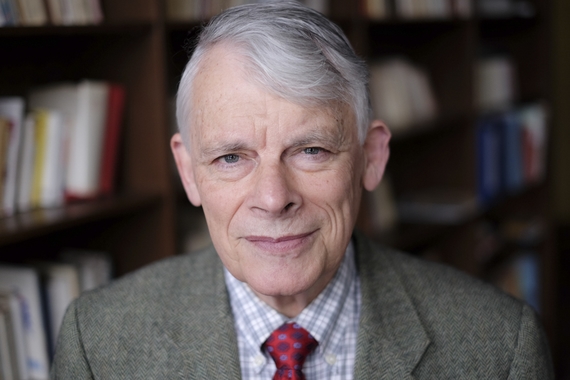An Unexpected Love
Current Project
- Machine Gun Modernism, a book that examines the machine gun's "technopoetic" effect on early 20th-century cultural production
Courses Taught
- GER 3104: Modern Miniatures (Reading and Analysis of German Literature)
- MIMS 8001: Theories of the Moving Image
- GSD 3512: Imagined Communities: German and European, Culture and Controversies, 1700 to Present
Publications
Peer-reviewed Articles
- “Reading Against the Gun: The Machine Gun and Sturm,” Telos 190 (Spring 2020)
- “Interrupting the War Machine: Alexander Kluge’s Schlachtbeschreibung” (Alexander Kluge-Jahrbuch, forthcoming in Spring 2020)
Review
Review of Ernst Jünger, The Adventurous Heart, in German Quarterly, 86.4, Fall 2013, pp 505-507.
Invited Essay
“Powderfinger,” in: Universalenzyklopädie der menschlichen Klugheit, eds. Markus Krajewski und Harun Maye, Berlin: Kadmos, 2020, pp. 85-87.
Newsletter Article
“Peter Handke and the Nobel Prize Roundtable Discussion,” Austrian Studies Newsmagazine, Spring 2020.
Ross Etherton never expected to fall in love with German. As someone who planned to become a mail carrier like his father, he thought school was boring and unnecessary for his future. Now as Assistant Professor Ross Etherton, he aspires to share his love of German with his students.
Falling for German
Etherton grew up in a small farm town in Nebraska, hoping to follow in his father’s footsteps and only grudgingly attended high school. However, everything changed when he took a Spanish class and found that foreign languages of all kinds excited him. All languages but one, that is: German. Etherton reflects, “For some reason, I never wanted to learn German. I thought it was an ugly language.”
Through middle school and high school he worked and traveled, riding Greyhound buses around the country. At a friend’s suggestion, he applied for the Rotary Youth Exchange Program, which sends people to do volunteer work around the world. “I wanted to go to Spain. My second choice was Sweden. My third choice was Italy. I don't even know if there was room for a fourth choice, but I wrote that I ‘could go anywhere in Central Europe except Germany,’ because I still did not want to learn German.” They honored his request; he wasn’t sent to Germany. They sent him to Austria. His relationship with German was just meant to be.
Finding the Resources to Support and Succeed
After learning to love German in Austria, Etherton applied to the University of Northern Colorado to pursue a bachelor’s degree in German, but found he could no longer afford college and wasn’t even sure he belonged in higher education. As a first-generation student, he knew of few resources to fund his college education, so he left school, traveling and working as a cook and a musician before returning to complete his degree.
While working on his PhD at the University of Colorado at Boulder in 2015, he discovered the TRIO program. TRIO is a federally funded program designed to help students from low-income, diverse, or first-generation backgrounds succeed in college. They teach students skills such as studying, time management, and advocating for themselves, especially in an academic community. From their freshman year until graduation, the TRIO students received mentorship from professional staff and advanced students.
When Etherton found out his graduate school offered TRIO to undergraduates at the university, he asked how he could help, hoping to give students the support he did not have as an undergraduate student. He emailed the program director but his email got lost in the shuffle. Later on, he saw an open call for a graduate student mentor and case manager position with TRIO and applied.
He loved working with the program, and many of the students had experiences similar to his. He reflects, “some of my biggest joys were watching students move from something that they didn’t like to something they ended up falling in love with, like literature or medicine.”
Great Beginnings at UMN
As Etherton begins teaching classes here at UMN, he is incorporating the things he has learned as a first-generation student and as a graduate mentor through TRIO into his coursework and relationship with students. He instills an ethic of hard work into his students but ensures that his students know he is both a professor and a resource for them.
Etherton is currently looking to get involved with the TRIO program here at the UMN and is excited to engage with the German, Nordic, Slavic, and Dutch department. “My favorite part of my job is working. I love my research and I get to combine that with working with students. That’s why I’m here, education and research. I get to do both.”
This story was written by an undergraduate student in Backpack. Meet the team.



